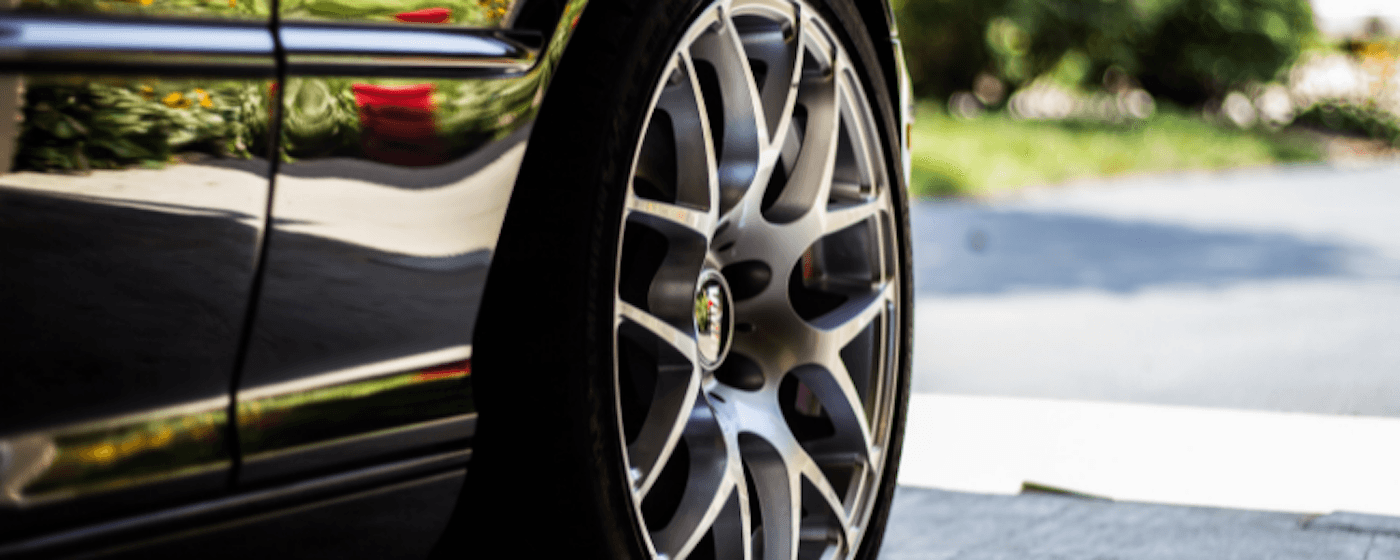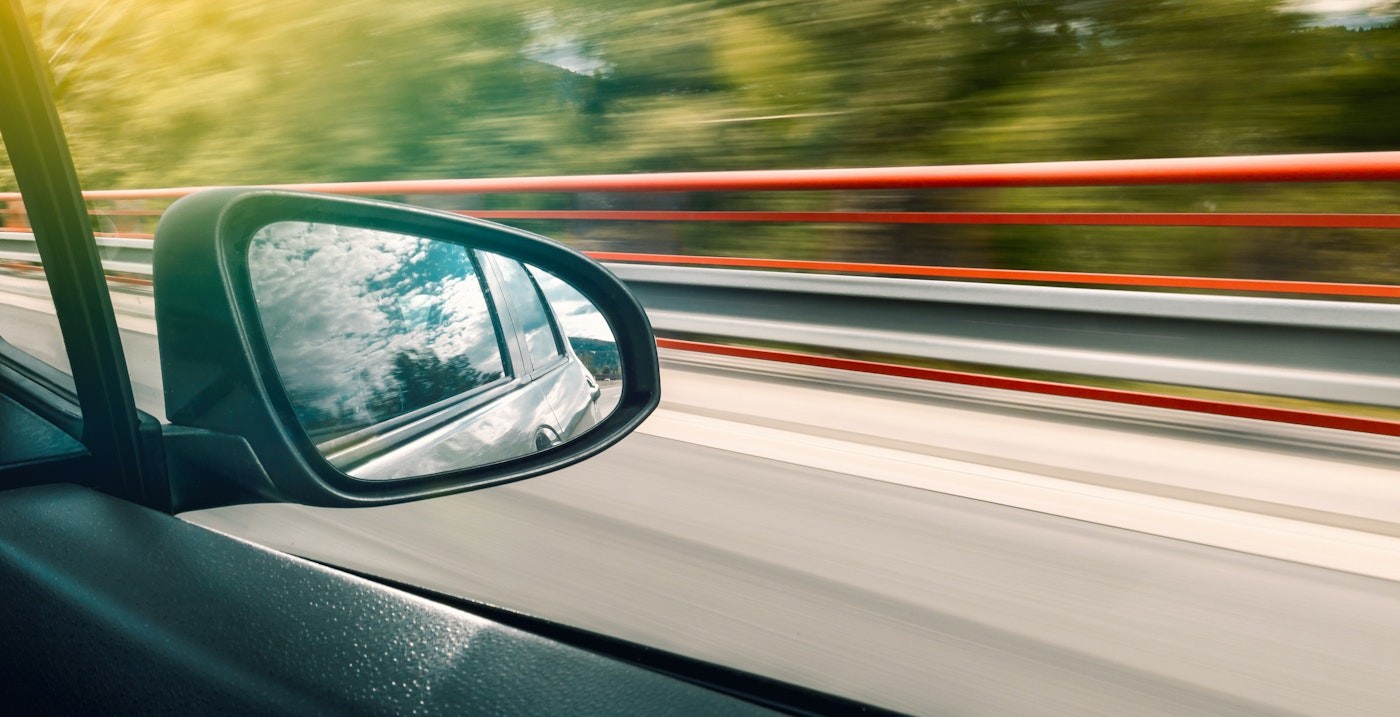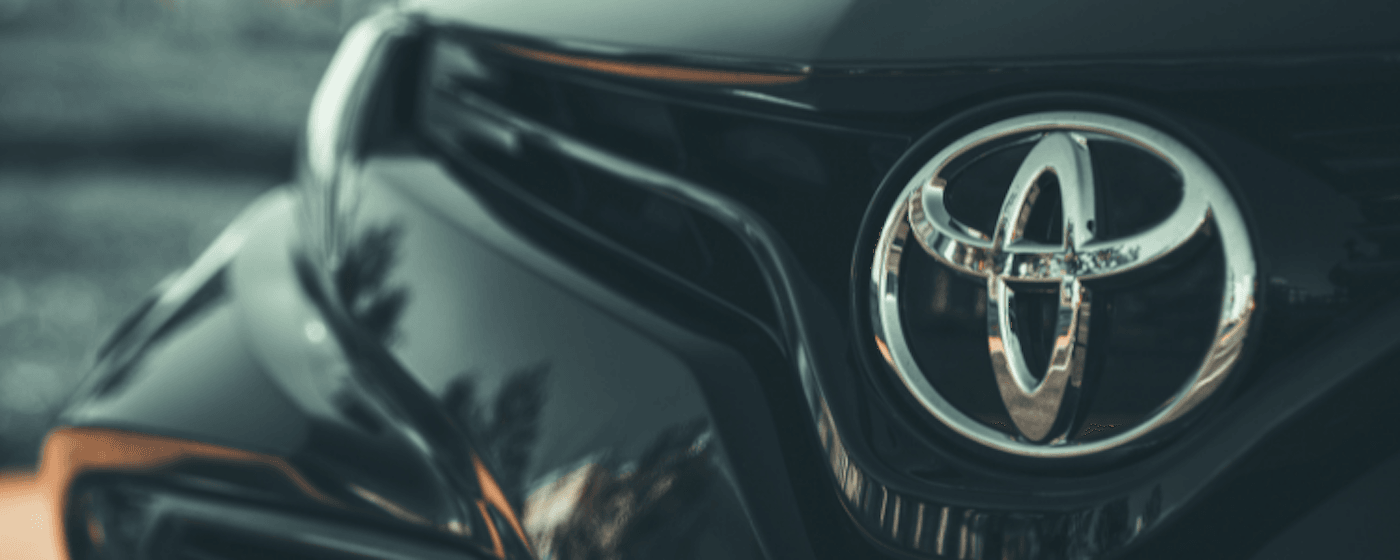Secured vs Unsecured Car Loan - A Complete Overview

If you’re interested in buying a new car and are looking for a loan to help finance it, chances are you’ve come across the terms secured and unsecured car loans. Understanding the difference between secured and unsecured loans can help you decide which one is right for you, and help you take the next step in financing your new car.

Secured vs unsecured
What is a secured car loan?
A secured car loan requires you to use an asset (in this case, the car you are buying) as security for the loan. This is called collateral and acts as ‘security for the amount of money you are borrowing. If for some reason you are unable to meet your loan repayments, the lender can repossess the secured asset (the car) in order to recover its funds. If the sale of the car does not cover the amount that is owed, the borrower will owe the remaining balance to the lender.
Secured loans are much more common than unsecured, and work in the same way as home loans. In both cases, the loan is secured because you are assuring the lender that if you are unable to pay back your loan, the lender is able to take the asset back and sell it.
Though in most secured car loans the asset used as security is the vehicle itself, it is possible to use another asset, like property, a term deposit or a cash deposit (but this is more uncommon).
How is an unsecured car loan different?
By contrast, an unsecured car loan does not require you to use your car (or any other asset) as security - it works in the same way as a personal loan, credit card or gym membership. Because there is no security item provided, unsecured car loans are much riskier for lenders. Like with personal loans, if you were unable to repay your loan, the lender wouldn’t be able to simply take back the car (or other asset). You may, however, face legal action, which would be a much messier process (and also a worst-case scenario!).
Due to the high-risk nature of unsecured loans, lenders tend to charge a higher interest rate than they would for secured loans, and also tend to be more discerning about who they lend to.
An unsecured loan tends to be more suitable for buying a car that is older and/or used - generally for a vehicle under $10,000.
In some cases, a trusted person, like a family member, can act as a guarantor for unsecured loans. This means that they are willing and able to pay back the lender if you are no longer able to make repayments.
_112421.jpg)
Secured car loan: benefits and drawbacks
Benefits
Lower interest rate
The biggest upside of a secured loan is that your interest rate will most likely be significantly lower than it would be with an unsecured loan. This is because the lender is taking on less risk with a secured financial product due to the security they will have over the asset in the event of a default. Because you’re paying a lower interest rate, you’ll most likely end up paying less overall than you would with an unsecured loan. If you are getting an electric car or green vehicle, you may even be eligible for further discounts.
More flexible loan terms
Another major advantage of a secured car loan is that, due to the extra security you’re providing, lenders are more likely to be flexible with your loan terms. For example, you might be able to make early repayments at no extra cost, or make weekly or fortnightly payments instead of monthly.
Larger borrowing amounts are available
Finally, you’ll have access to larger loan amounts than you would with an unsecured loan. To get an idea of how much you could borrow, check out our car loan calculator.
Drawbacks
Risk of losing your car (if you can’t meet repayments)
The drawback is that if you are unable to make your loan repayments, you run the risk of losing your car. Because you’ve put your car up as collateral, lenders are able to repossess your vehicle to recover their funds in the event that you default on your loan.
More limited car choice
There also may be some limitations as to what kind of car you can buy with a secured loan. Sometimes the car you’re looking to buy may be too old to qualify as security, in which case an unsecured car loan would be your next best option.
Loan to Value restrictions
Another possible drawback of secured car loans is potential Loan to Value (LVR) restrictions. Your LVR ratio refers to how much you are borrowing compared with how much your car is worth (LVR = Amount Borrowed/Value of Car). For example, if you are buying a car that is worth $25,000 and you have a $5,000 deposit, then your LVR is 80% because you are borrowing 80% of the value of the car. Lenders have a fixed limit on the LVR that they will allow you to borrow to ensure that they will eventually be able to recover the loan, and this may therefore limit the car options available to you.

Unsecured car loan: benefits and drawbacks
Benefits
Don’t need to put up any collateral
The main advantage of an unsecured loan is that you don’t need to put an asset up as security against the loan (though you are still legally obligated to pay back the loan). This means you don’t have to go through the hassle of providing all the documentation required for a secured car loan (e.g. sales invoice, proof of insurance, etc.) and often makes for a much more straightforward loan application process.
Because you’re not putting up your car as collateral, this also means that if you default on your loan your lender won’t be able to immediately repossess your car. However, you might face legal action, which would be a much messier process!
A larger selection of cars
Another benefit of an unsecured loan is that you’ll likely be able to choose from a larger selection of cars, whether that’s brand new or second hand, and you won’t find there are as many restrictions as with a secured loan.
Drawbacks
Higher interest rate
Because you are not securing your loan against an asset, you will likely be faced with a higher interest rate, a shorter loan repayment period and in some cases, a smaller borrowing limit, than you would with a secured product.
Risk of legal action (if you can’t meet repayments)
It is also important to note that having an unsecured car loan doesn’t absolve you of responsibility for failing to repay the loan. If you are unable to make your loan repayments, the lender can take legal action, which may include turning your debt over to a collection agency or taking you to court. This would also harm your credit rating, making it harder to get approved for other loans or credit products in the future.

Which is better?
Deciding whether to go with a secured or unsecured loan is entirely dependent on your financial situation or needs. If you’re looking to buy a personal car on finance or get a business car loan, there are several questions you need to ask yourself:
- How much am I able to pay each month in loan repayments?
- How long do I want a loan for?
- How much money do I want to spend on a car?
- Do I want to use the car I am buying (or another asset) as collateral for this loan?
- How old is the car that I want to purchase?
In many cases, a secured loan might be the way to go, because they offer more security for the lender, which results in a lower interest rate for you than an unsecured loan. It is also likely to be cheaper in the long run than an unsecured car loan would be. However, if the vehicle you’re looking at is more than 10 years old or you don’t want to use your car (or another asset) as security against the loan, an unsecured loan may be a better option for you.
Because all of the interest rates we offer are fixed interest rates, regardless of whether you go with a secured or unsecured car loan, the rate you pay throughout your repayment period will stay the same. This makes it much easier to budget and plan for the future compared with a variable interest rate.

Summing up
Buying a car is a big commitment and it is important to thoroughly consider all the opportunities available to you. If you decide to finance your purchase with a loan, you must weigh up the benefits and risks of a secured vs unsecured loan.
If you have any queries please get in touch with our team of car finance experts here at Driva today on 1300 755 494 or email us at hello@driva.com.au. If you’re ready to obtain finance now, our smart car finance platform allows you to access your best available rates from our panel of lenders in under 1 minute! The platform will automatically assess whether you are better suited to an unsecured or secured loan based on your personal situation and the vehicle you’re looking at - so use it now to find a car finance option that suits your needs.


.png)







